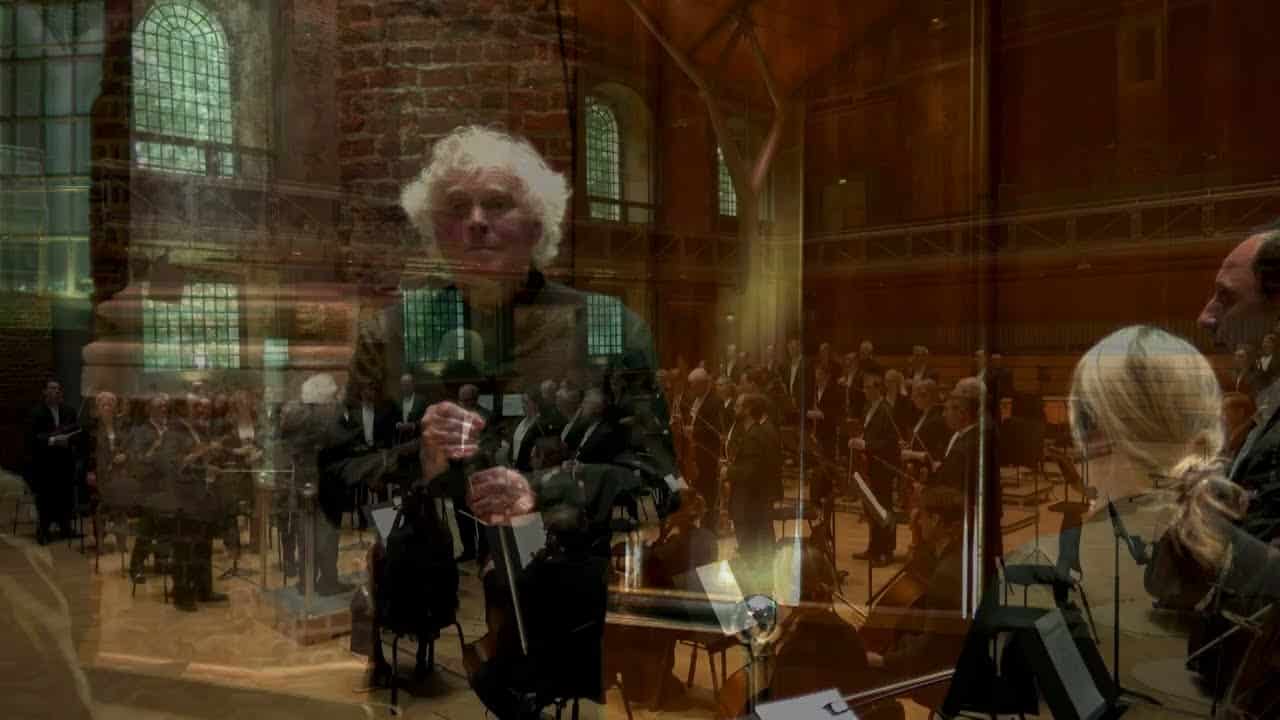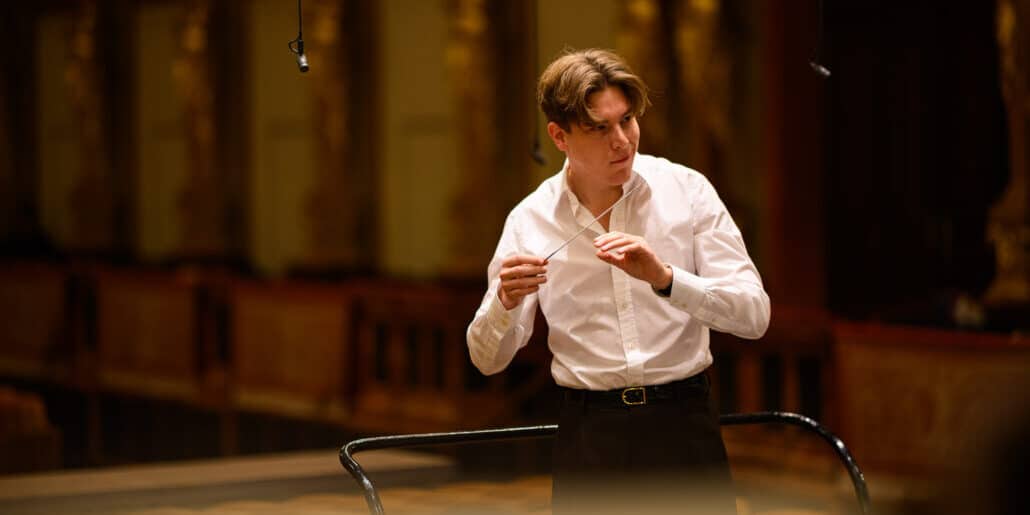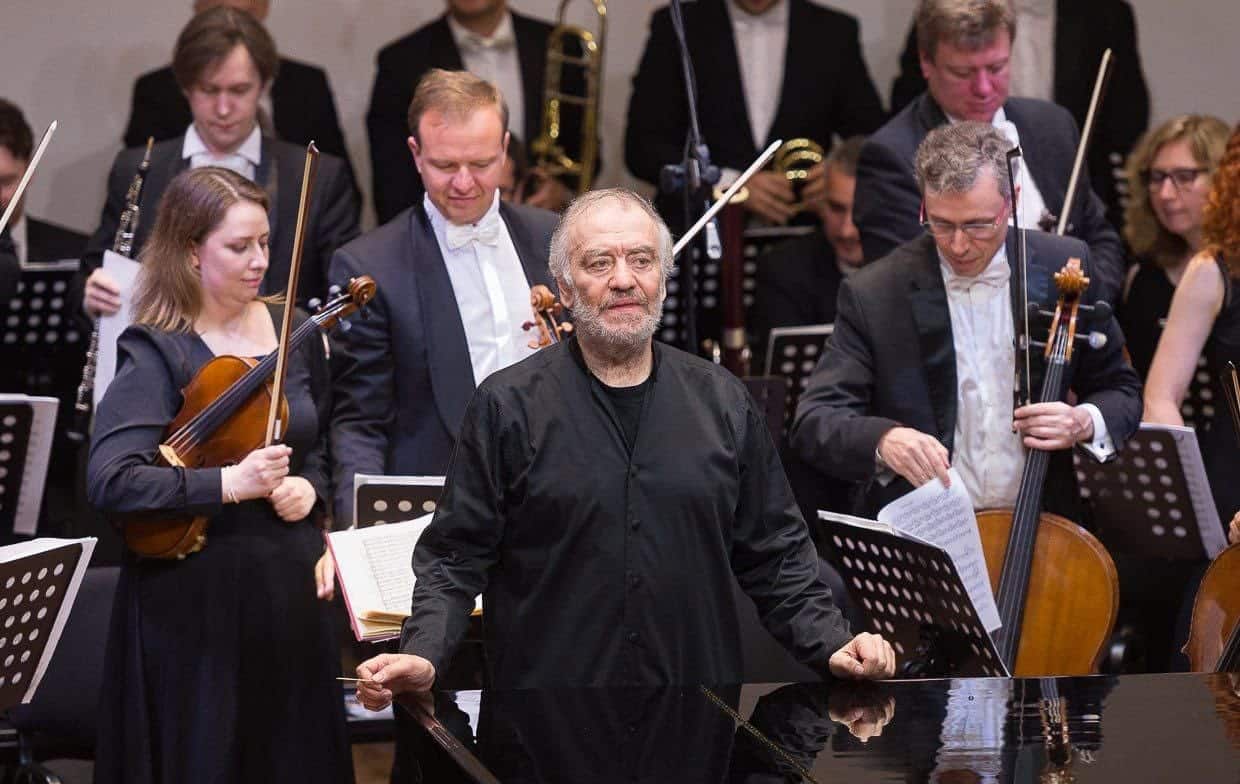London orchestras count their losses
NewsA number of London orchestras are among the big losers in the Arts Council’s funding round.
Worst hit is the London Sinfonietta, which is 41% down.
The London Symphony Orchestra, London Philharmonic Orchestra and the Philharmonia each lose 12%.
The Royal Philharmonic Orchestra appears to be unchanged, as is the Orchestra of the Age of Enlightenment.
The Royal Philharmonic Orchestra (RPO) is pleased to have received a conditional offer of funding as part of Arts Council England’s (ACE) 2023-26 National Portfolio Organisation funding round. The RPO’s application was deemed by ACE to meet its stringent criteria [1/2]
— Royal Philharmonic Orchestra (@rpoonline) November 4, 2022
The Aurora Orchestra receives a £50,000 increase, to £143,000.
The Britten Sinfonia, based in the east of England, has been removed altogether from the National Funding Portfolio.
The conductor Nicholas Daniel writes: ‘Shocking and mind numbing news about @BrittenSinfonia who have lost their whole @ace_national grant in one cut. Just over 50% of budget. I know we will rise to the challenge but this is a real shock.’






The Britten Sinfonia isn’t a London orchestra. The Manchester Collective has joined the programme.
It’s based in the east of England!
Sad to hear about Britten Sinfonia. The East of England isn’t well served for music, I don’t understand the rationale behind cutting their funds.
Not well served atall. Lincoln is a cultural desert.
The Britten Sinfonia is a top class chamber orchestra, consisting of high flying London based players, but more importantly, bring concerts to less accessible venues.
Shame on the Arts Council.
As for ENO, positively disgusting having no funding whatsoever.
It is very important to remove funding from the highest quality orchestras in favour of the most populist London orchestra which used to be only one to be able to play two concerts in different venues on the same night under the same name (maybe times have changed) and little top-quality work in the past 40-50 years and one of the newest, an essential racist organisation playing to a mediocre standard under a banner of diversity, as long as you are the right kind of diverse.
“Populist”. Heaven forbid you should want to attract regular people to concerts. Urgh.
The times they are a’changing, that’s for sure. People who enjoy this site are out of the mainstream. Classical audiences are a small fraction of the population everywhere you go. And with the vast legacy of recorded music now on CD, streaming, YouTube and elsewhere maybe we don’t really need so many live orchestras anymore. I wish it weren’t so but we have to face reality. With so many demands for money that are arguably more important, arts funding everywhere is going to get cut. Today I just listened to a thrilling performance live from Berlin doing the Korngold symphony. Was it as great as being there, live? No. But it was a LOT cheaper, I could sip on my Johnny Walker Blue, not get dressed up…the way of the future. Glenn Gould said it over 60 years ago – in the future live concerts won’t be necessary; we’ll all get entertained electronically.
“The times they are a’changing, that’s for sure. People who enjoy this site are out of the mainstream/”
And that’s precisely what every progressive says to any conservative who resists the Woke movement. But, as they say, what comes around goes around. The world may change in ways YOU don’t like!!
With electronic delivery, arts organisations can get a larger (paying) audience. In theory, arts funding cuts could be offset by finding new audiences online. If handled right, the increased “catchment” need not imply sinking to low-brow repertoire, though I don’t know if anyone’s been successful in doing this. Many concerts I watch online are broadcasts of performances in front of live audiences, not studio recordings of the kind Gould prefered. So electronic delivery can enhance live performances (by finding new remote audiences) not replace them.
The catastrophic loss of any meaningful conversation about classical music in the general population (thinking Australia locally) over recent years does not make one hopeful for the future of classical musicians whatever the kind of performance (live audience or studio) or method of delivery (in-person or electronic). That is the crux of the problem. But I think solutions are being found.
You can all ‘thumbs down’ all you want, but this person is simply stating the obvious truth of things, as they stand today.
Careful, they’ll be a petition soon. One step up from a thumbs down.
You’re quite right, sad to say.
It’s not only about cheap, or the glass of Johnny Walker, or hearing it in dressing gown and slippers (or liberals/conservatives, for that matter). It’s like saying “now that we have tinned tomatoes –so much more convenient–, we don’t need fresh ones any more”.
Is no one interested in music being made now, by musicians alive now? Did the pandemic-era ‘live’ concerts “ohne Publikum” not feel odd to anyone else? A bizarre future awaits if we’re to subsist only on the historical legacy and engineered video productions.
I am not one of the minority of classical music listeners, I sometimes get to listen to live orchestral music but not really my thing so I don’t do it often but when I do, each time I like it more. Everyone should get the opportunity and Britten Sinfonia are one of the most accessible high quality orchestras that I know of. The East of England needs more, not less. It is a great shame
Does London really need X number of full-time, concert-only (ie, not also for opera, ballet, etc) orchestras? In the US, all its cities have only one leading, specific, stage-only orchestra.
By the way, since this blog has almost totally ignored the story of the newly revamped concert hall of the NY Philharmonic, and based upon today’s official full-fledged broadcast from it, I sum up the space’s major acoustic quality: (As with the RFH’s too) Dry.
The RPO were receiving less money than the other orchestras, so it would be good to compare resultant grants rather than just percentage changes.
De-funding carbon-spewing, tree-lynching orchestras is just the first step in eliminating climate change in the UK!
It’s a sad day when so many of our great companies are cut partially or fully in order that completely disproportionate grants can be made to a select few. How can Arts Council possibly justify awarding £700k+ pa to Chineke and £900k+ pa to Paraorchestra, valuable as those organisations’ work is, when no mainstream chamber orchestra has ever received funding on such a generous scale? It’s absolute madness, and established world-class organisations are paying the price.
Just close your eyes and think “but they’re ‘saving the planet’ with renewables; what’s not to love about all the state’s cash going into THAT?” (Then you’ll know what a good person you really are!!)
Oh, stop it. It’s not helpful.
In these depressing times with cuts to olmost everything the last thing that should be cut is the Arts. The Arts including Music is important to keep us happy, engaged and Frankly important.
. . . for the minority of people who partake, that is. I think you need to start with education (including arts).
I wonder what the criteria for funding is and the the formula for the same?
Whether the state is bankrupt and still has to spend VAST amounts of money ‘saving the planet’?
Only a child would think you can have it both ways.
ACE’s stategy ‘Let’s Create’ was published a fair time ago. Winners understood it. Losers didn’t.